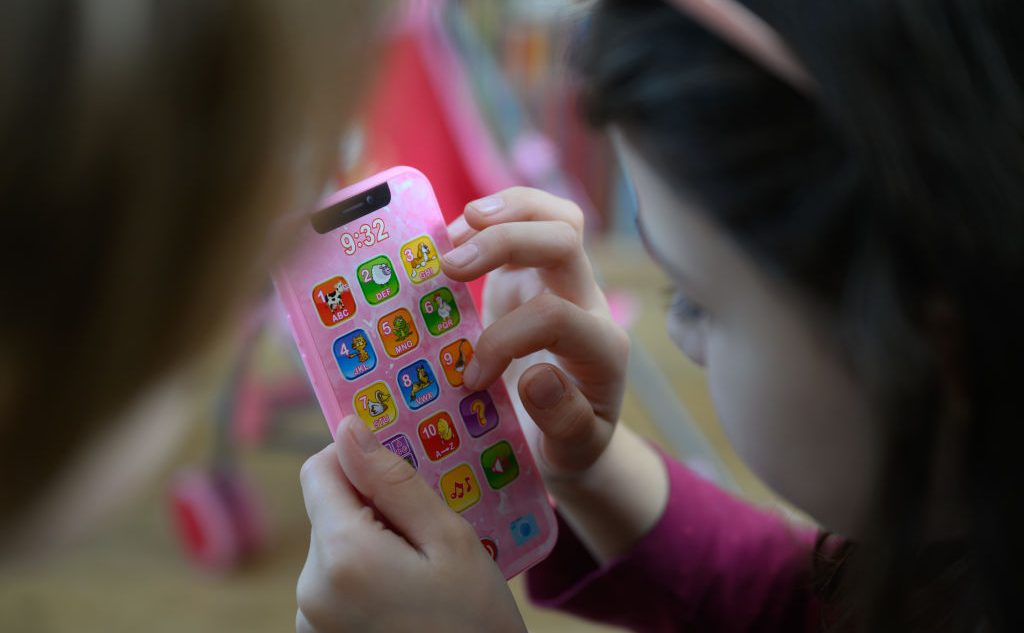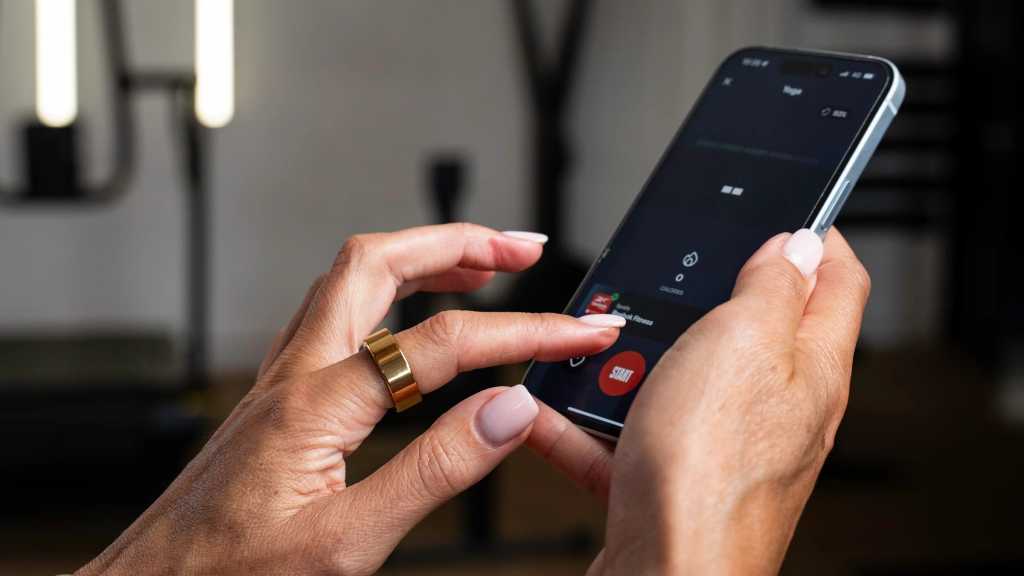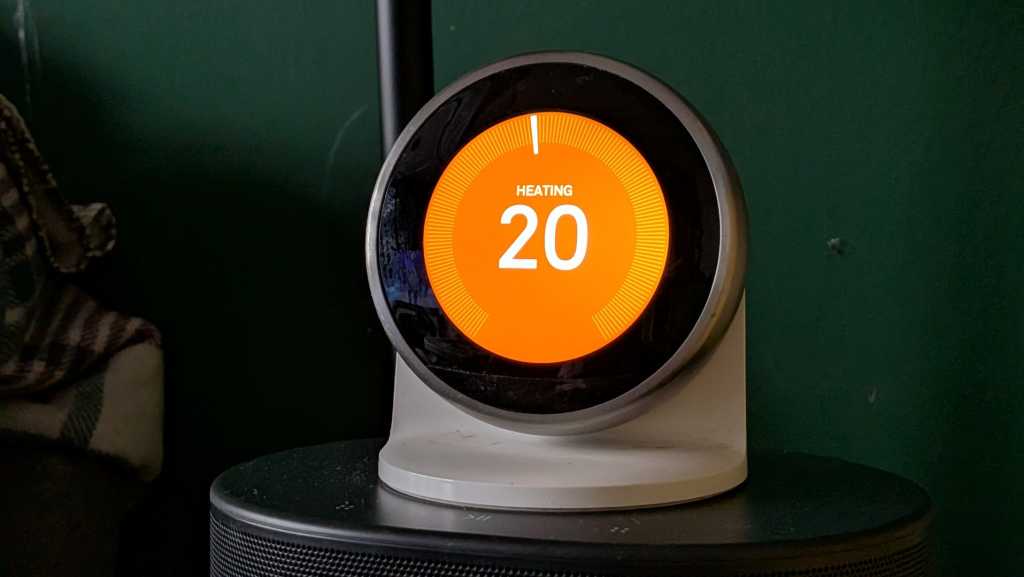Portugal will ban mobile phones in grades 1-6 from next year, Education, Science and Innovation Minister Fernando Alexandre announced on Monday, citing the negative effects on children.
“The recommendation that the government has made is a ban. What we’re doing this year is studying the outcome of that recommendation so that next year we can re-evaluate the measure,” Fernando Alexandre told journalists.
Alexandre aims to give schools “total autonomy to make a decision,” pointing out that “this is changing all over Europe” because “there are more and more studies that show the damage that contact with smartphones has on children’s development and well-being.”
“We have to use evidence (scientific information), we have to use studies, and we have to implement better practices. […] After the evaluation and with the evidence that is being added, also in other countries, we will carry out this evaluation, and if there is evidence to that effect [of a ban], we will have no problem [in doing so] […]. It’s only natural that there could be a political change in the next year,” he stressed.
On 11 September, the minister announced the recommendation, which schools would follow voluntarily, and said he would ban the use of smartphones in schools depending on the results.
More than half of pupils in the second cycle, or Years 5 and 6, spend at least four hours a week in front of a screen, according to a study published today on the well-being and mental health of children and young people.
This is the conclusion of the second edition of the study carried out by the Observatory of Psychological Health and Well-being (OSPBE). Two years after the first report, it looked again at the situation of Portuguese schoolchildren, including their lifestyles.
One aspect analysed was screen time, and of the 3,083 students from the second cycle to secondary school surveyed, 52% spend four hours or more in front of a screen on weekdays. Meanwhile, 12th graders spend an average of almost five hours in front of a screen, and 5th graders spend an average of less than three hours.
Asked whether education can play a role outside the school context, Fernando Alexandre said that families lack information and that the government will provide guidelines on how to “deal with this new technology that has a significant impact on children’s education”.
“The practice that is suggested and adopted at school is then relevant to how families themselves frame the use of mobile phones,” he said.
(João Moura Lacerda – edited by Pedro Sousa Carvalho | Lusa.pt)


